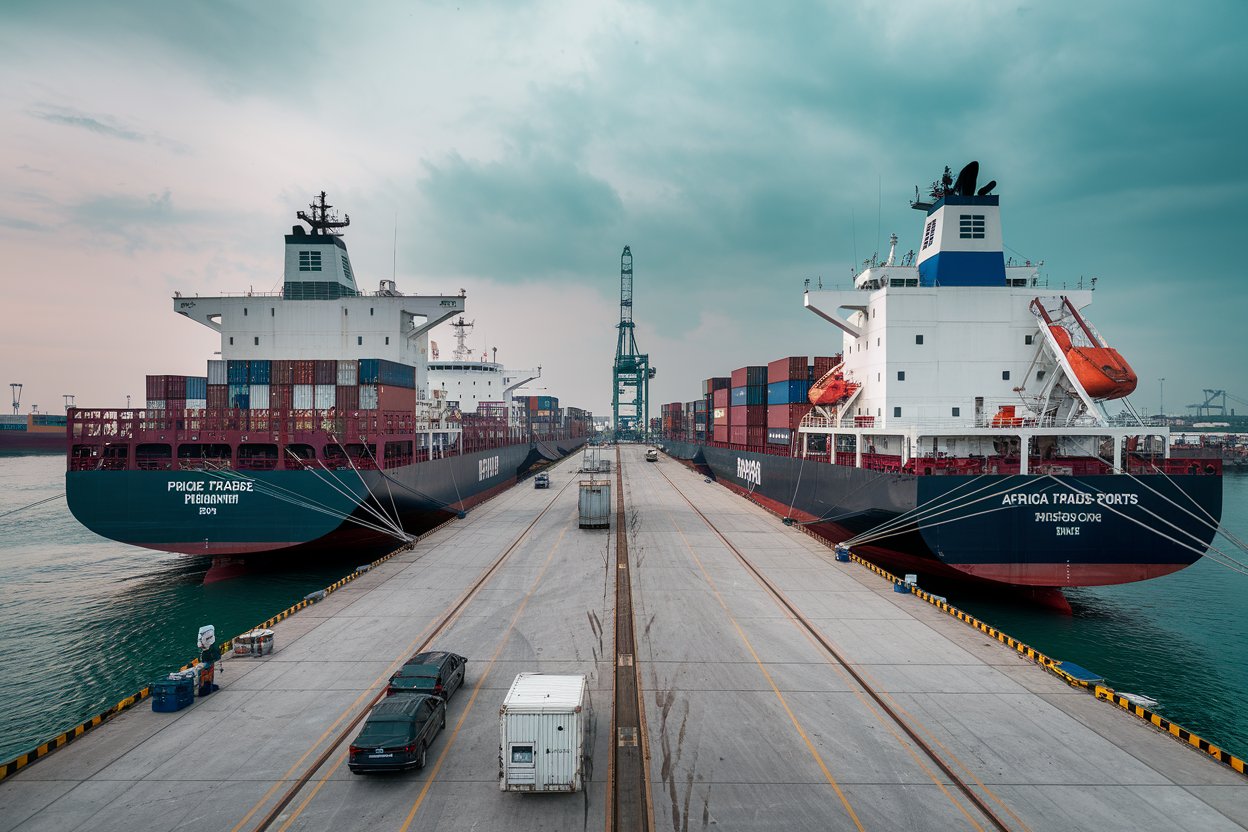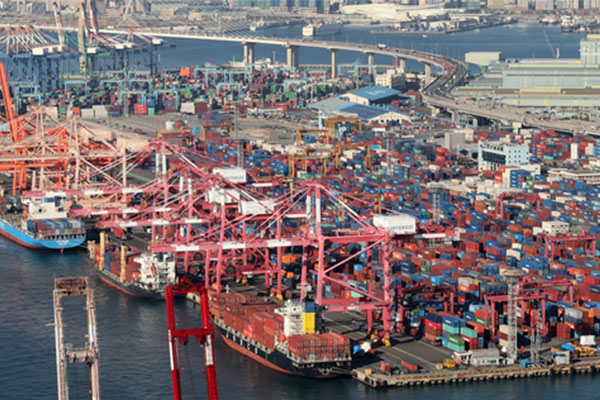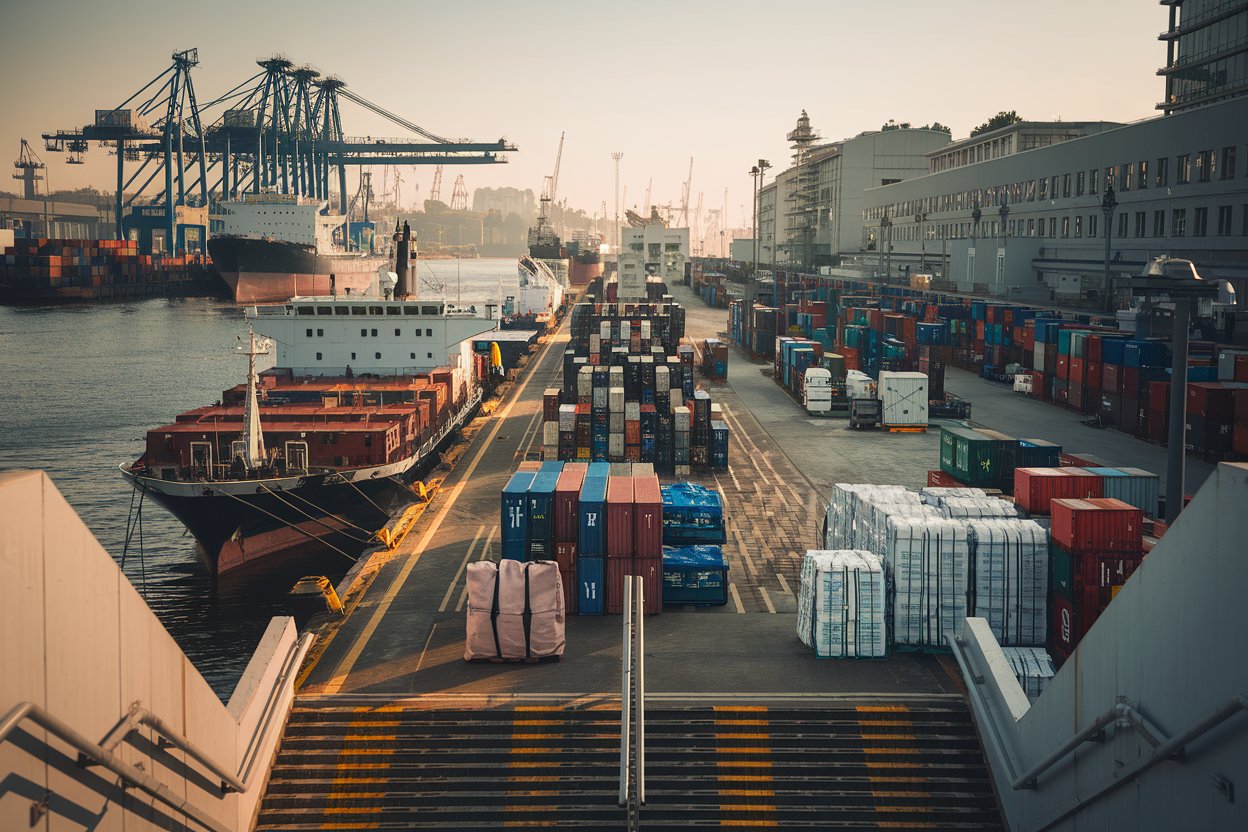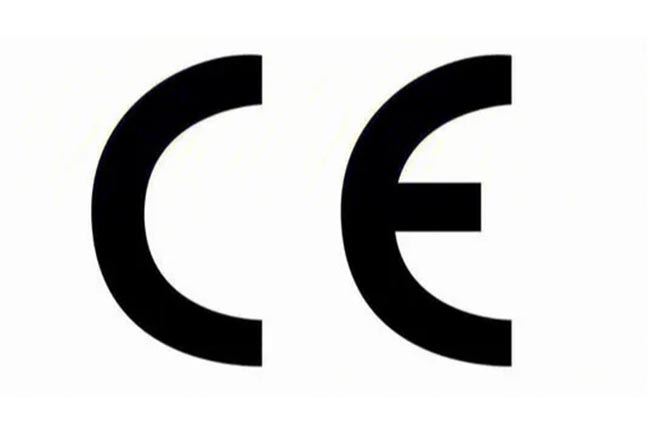- Shanghai Zhongshen International Trade Co., Ltd. - Two decades of trade agency expertise.
- Service Hotline: 139 1787 2118
In theforeign tradeIn the industry, every order may be full of opportunities and challenges. Especially when facing a large - value order, practitioners with not much experience in large - volume goods may hesitate: whether to continue investing, even at the risk of advancing funds to complete the order, or to stop losses in a timely manner to avoid continuous subsequent problems? Lets analyze this issue from several key perspectives.
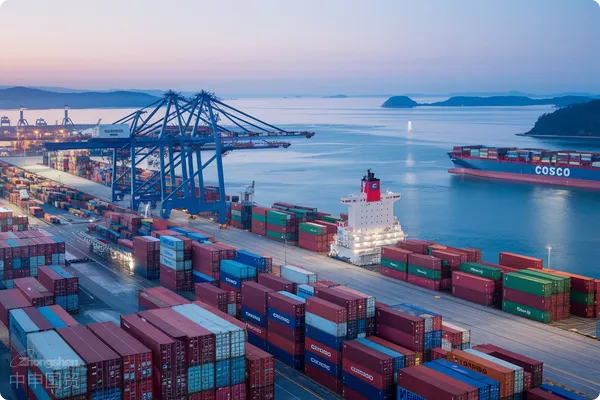
The Essence of Foreign Trade: Co - existence of Cooperation and Risks
Foreign trade is not a get-rich-quick game. While it may sound simple: find customers, sign contracts, place orders, ship goods, and receive payments, each step may conceal risks. This is particularly prominent when dealing with large orders for the first time. For most mature foreign trade SOHOs, achieving an annual trade volume of $3 million is already a high standard, and those who steadily develop to this scale possess rich experience accumulation and strong risk control capabilities.
Therefore, when you face an order without experience in large - volume goods, the first step should be to clarify: do you already have the necessary judgment and operation capabilities? If the answer is no, then it is wise to handle it with caution.
Verify the Customer: Scammer or Partner?
Whether a large - volume goods order is credible first depends on the customers qualifications and reputation. In this regard, the following steps are indispensable:
- Conduct a credit investigation through Sinosure: The credit investigation service provided by Sinosure (China Export Credit Insurance Corporation) can help you understand the customers payment ability and business reputation. This professional endorsement can effectively reduce transaction risks.
- Check the customers background: Understand the customers business status, partners and past transaction records through public channels, social media and industry resources. Any abnormal situation is worthy of vigilance.
- Verify order details: A genuine order usually comes with detailed product specifications, quantity requirements and clear delivery times. If the customer is vague in this regard, there may be a risk of fraud.
Increase the Deposit Ratio: Reduce Financial Pressure
If the customer is indeed credible, but your ability to advance funds for large - volume goods is limited, you can try to negotiate with the customer to increase the deposit ratio. In a regular foreign trade transaction, the deposit ratio is generally 30%, but in special cases, a deposit ratio of 50% or even higher is negotiable.
Negotiation techniques can include:
- Emphasize the principle of risk sharing: As the first cooperation, both parties need to share certain risks to build long - term mutual trust.
- Show your production preparation costs: By listing specific costs such as raw material procurement and factory scheduling, explain to the customer the rationality of increasing the deposit ratio.
Insure Export Credit Insurance: Provide a Safety Net for Yourself
Export credit insurance is an effective risk - management tool. It can not only provide compensation when the customer defaults on payment, but also enhance your negotiation confidence to a certain extent. Some international buyers are even more willing to cooperate with suppliers who purchase credit insurance, because this shows the suppliers professionalism and attention to risks.
Stop Losses and Continue: Make Decisions Based on Data
Finally, whether to stop losses midway depends on the actual feasibility assessment:
- Calculate the break - even point: By estimating the costs and expected revenues after the order is completed, clarify whether there is enough profit margin to support the risks.
- Measure the opportunity cost: If you choose to complete this order, it may require a large amount of time, energy and capital investment. Will this affect the development of other potential businesses?
- Analyze the worst - case scenario: In the worst - case scenario of customer default, can you reduce losses by selling inventory or other means?
Summary
When facing large - volume goods orders, caution and boldness are not opposite, but need to be balanced according to the actual situation. Verifying customer qualifications, increasing the deposit ratio, and purchasing credit insurance are key measures to reduce risks, while clarifying the break - even point and opportunity cost can help you make more rational decisions. I hope that in your foreign trade journey, you can not only seize every opportunity, but also effectively avoid potential risks and achieve steady business development!
Related Recommendations
Learn
Get in Touch
Email: service@sh-zhongshen.com
Related Recommendations
Contact via WeChat

? 2025. All Rights Reserved. Shanghai ICP No. 2023007705-2  PSB Record: Shanghai No.31011502009912
PSB Record: Shanghai No.31011502009912
